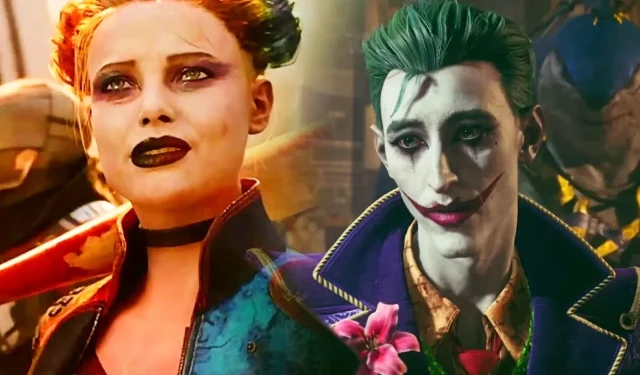
Suicide Squad: Kill the Justice League (KTJL) will cease to receive new content updates following the conclusion of Season 4, as confirmed by developer Rocksteady Studios in a recent blog announcement. Released on January 30, 2024, this game, set in the DC universe, serves as a spin-off from the popular Batman: Arkham series. Featuring third-person action gameplay with up to four players, it presents a unique narrative that involves some of the finest heroes being manipulated into villainy. While players enjoyed seasonal content through regular updates, this chapter is now set to close.
According to the official blog post on the KTJL website, Season 4 will finalize the content updates, culminating in January with the release of episode 8. While the base game and all previous seasonal content will remain fully accessible for both single-player and multiplayer modes, including an anticipated offline mode, no further updates will be issued following this last season.
What Led to the Decline of Suicide Squad: KTJL?
Mixed Reviews and Negative Feedback
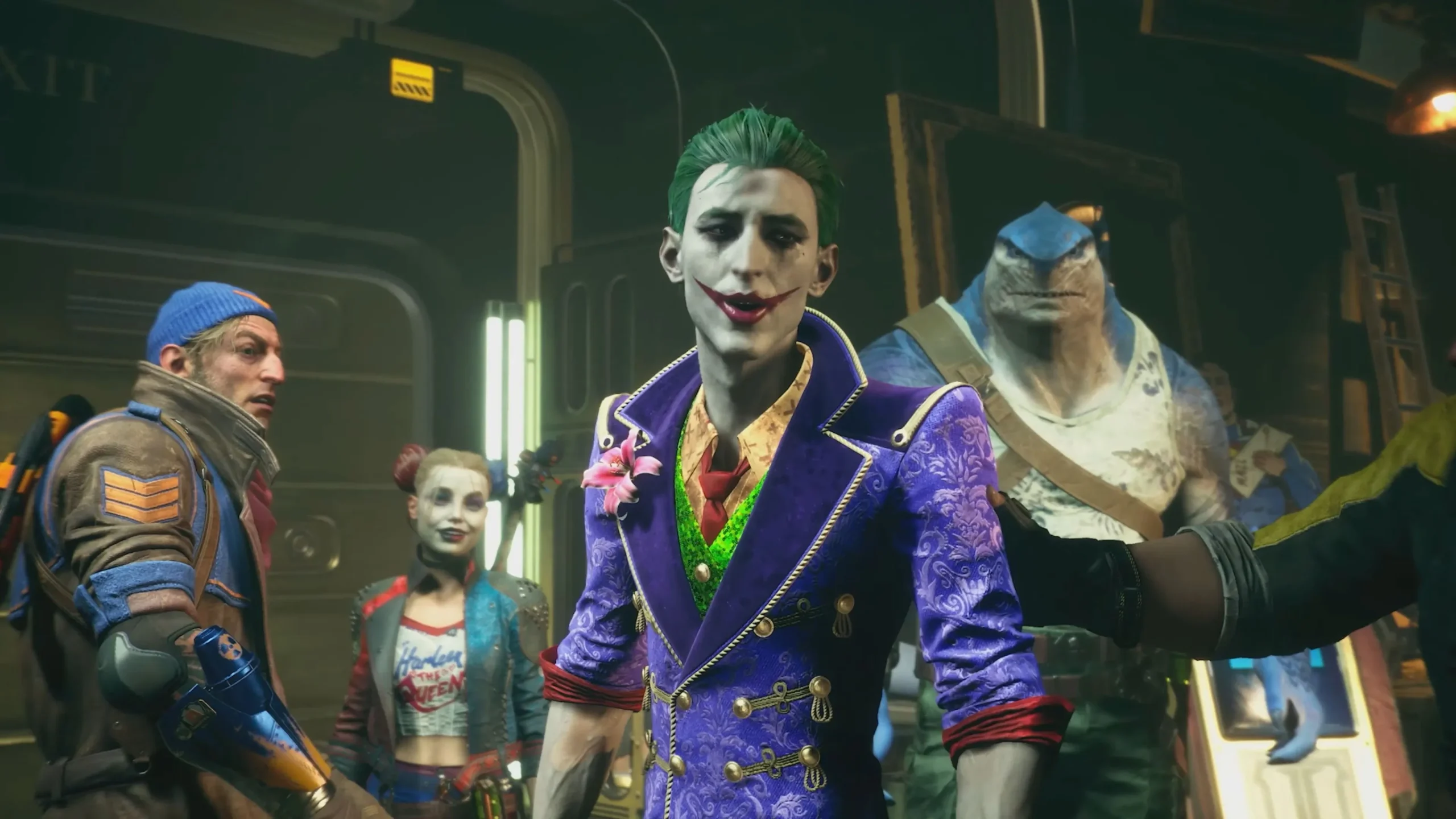
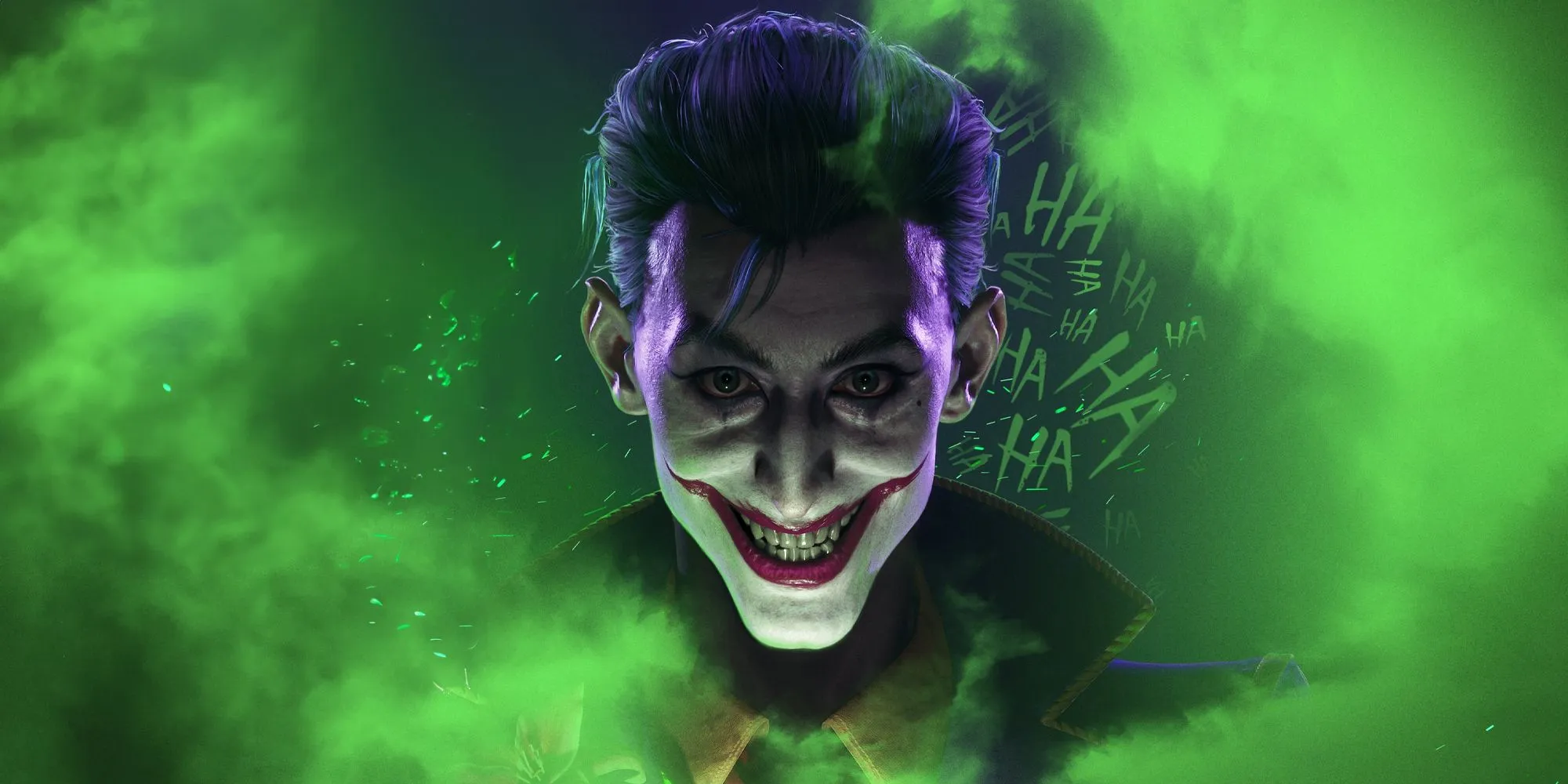
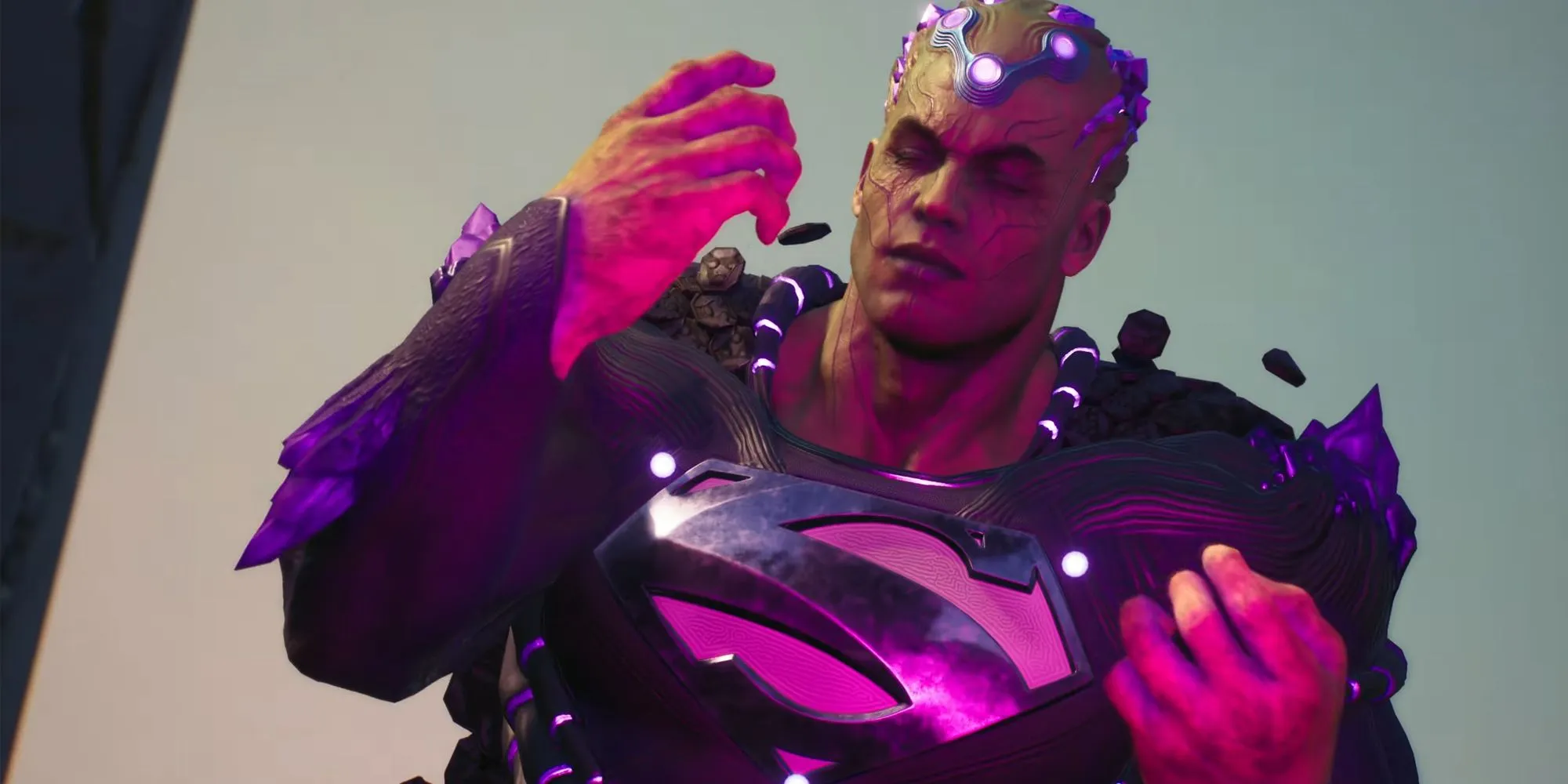
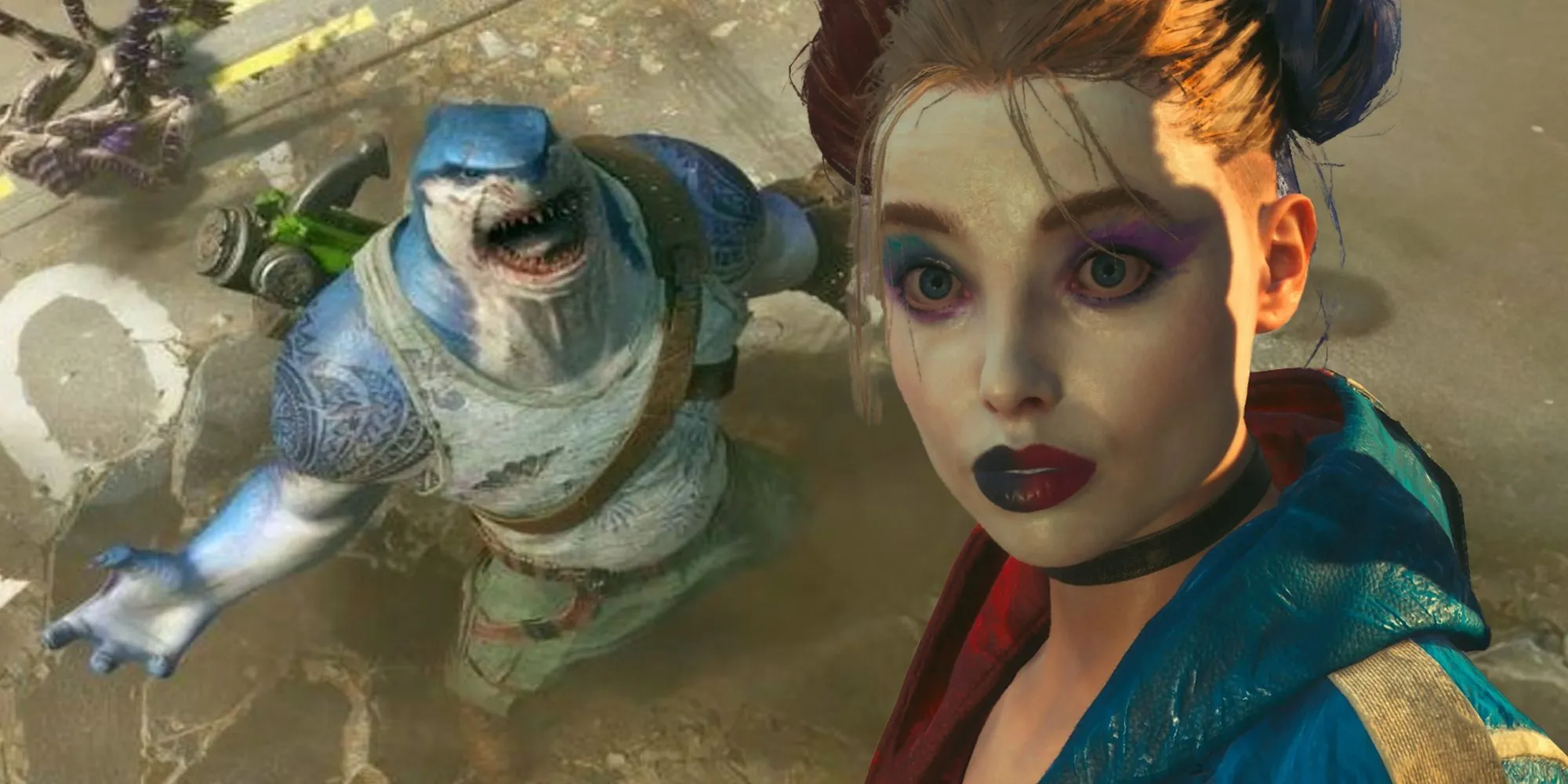
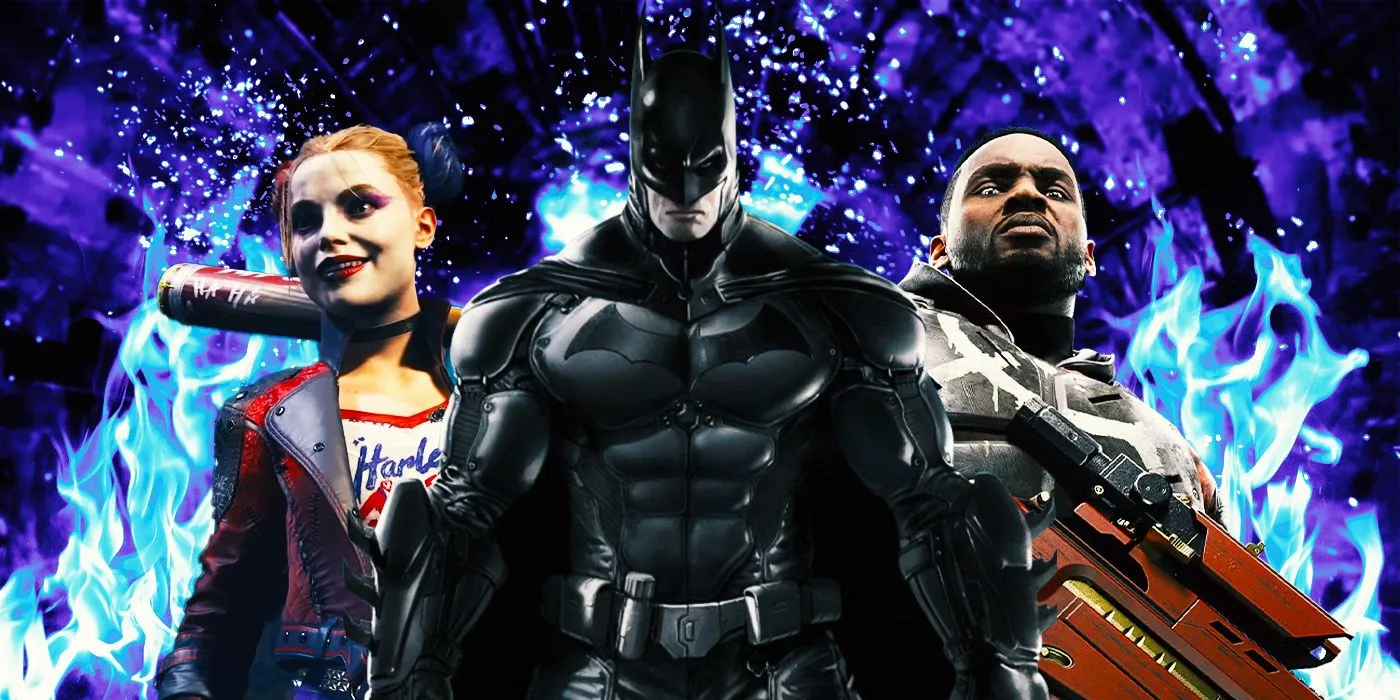
The conclusion of KTJL seems inevitable, potentially destined from its inception. The game faced a mix of reviews, receiving acclaim for its narrative and visuals but criticism for numerous performance issues, repetitive combat dynamics, and reused boss battles. Some players reported a significant bug on launch day that allowed them to bypass the entire main storyline.
Feedback further highlighted frustrations regarding the absence of offline gameplay modes, alongside a perceived emphasis on microtransactions and live-service elements that overshadowed the traditional single-player narrative approach hallmark of the Arkham series. Many fans were particularly disheartened by the darker narrative choices, with several iconic heroes meeting untimely demises. Ultimately, KTJL garnered a lukewarm Metacritic score of 60, coupled with a dismal 3.4 user rating. The reliance on battle passes and microtransaction models alienated a significant number of players, resulting in a consistent decline in the game’s player base soon after its initial launch.
A pivotal point for many fans was the controversial introduction of the Joker. Initially anticipated as a playable character at launch, he was instead introduced two months later, in March 2024, as part of a free update that required considerable effort to unlock. While players could technically earn him at no cost, they faced the daunting task of grinding through various missions to increase their Mastery rating, which reset each season. Alternatively, they had the option to pay $10 for immediate access to him.
To unlock the Joker, players would have been obliged to replay at least 35 missions to accumulate enough experience. This situation prompted accusations of exploitative practices against Rocksteady, leading to further player attrition as loyal fans became disheartened, while new players were deterred from joining due to the game’s reputation. The announcement of ceasing future content after Season 4 solidified the perception of KTJL’s decline.
Our Perspective: A Misguided Strategy for Rocksteady
The Case Against Live Service Models
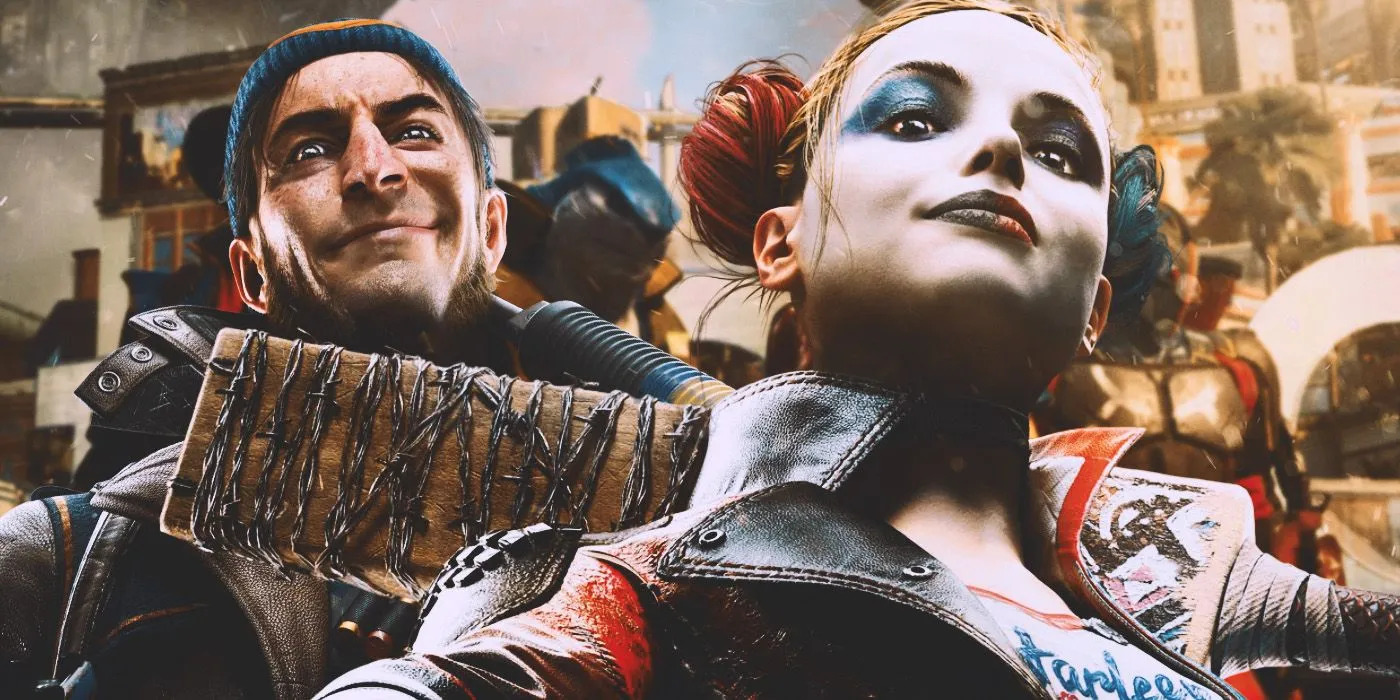
Decisions behind game cancellations often stem from obscure factors. However, the case of Suicide Squad: Kill the Justice League clearly illustrates that the primary reason for its downfall was decreasing player engagement driven by a misguided focus on live-service models rather than delivering quality gameplay experiences.
While the concept of a co-op game centered around the Suicide Squad is intriguing, the live-service approach adopted here neglected essential gameplay fixes needed at launch, favoring constant seasonal updates instead. This reflects a clear need for developers to recognize the fine line between monetization strategies and player satisfaction.
This scenario serves as a cautionary tale for game developers contemplating the integration of pay-to-win mechanics. The reality is that live-service games do not guarantee success. Without substantial free content and engaging gameplay, the likelihood of a favorable outcome diminishes significantly—a fate already evident in the struggles of Suicide Squad: Kill the Justice League.




Leave a Reply